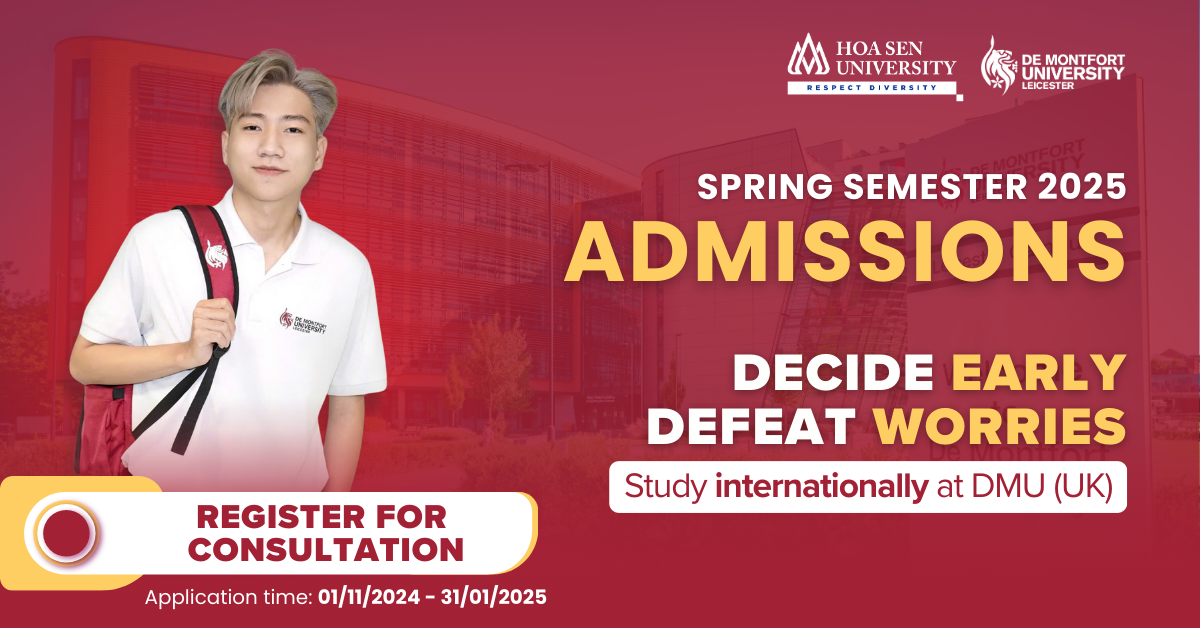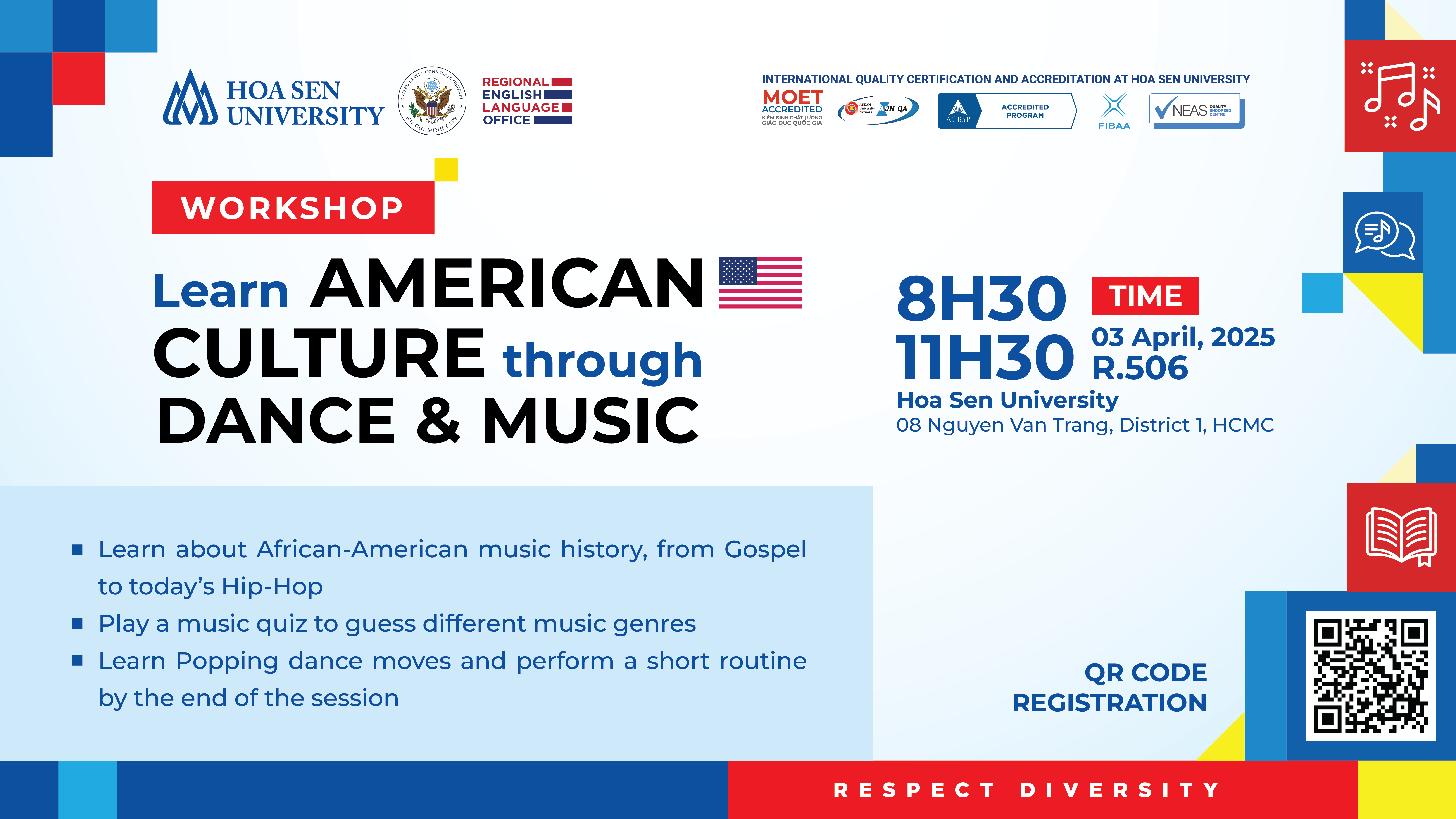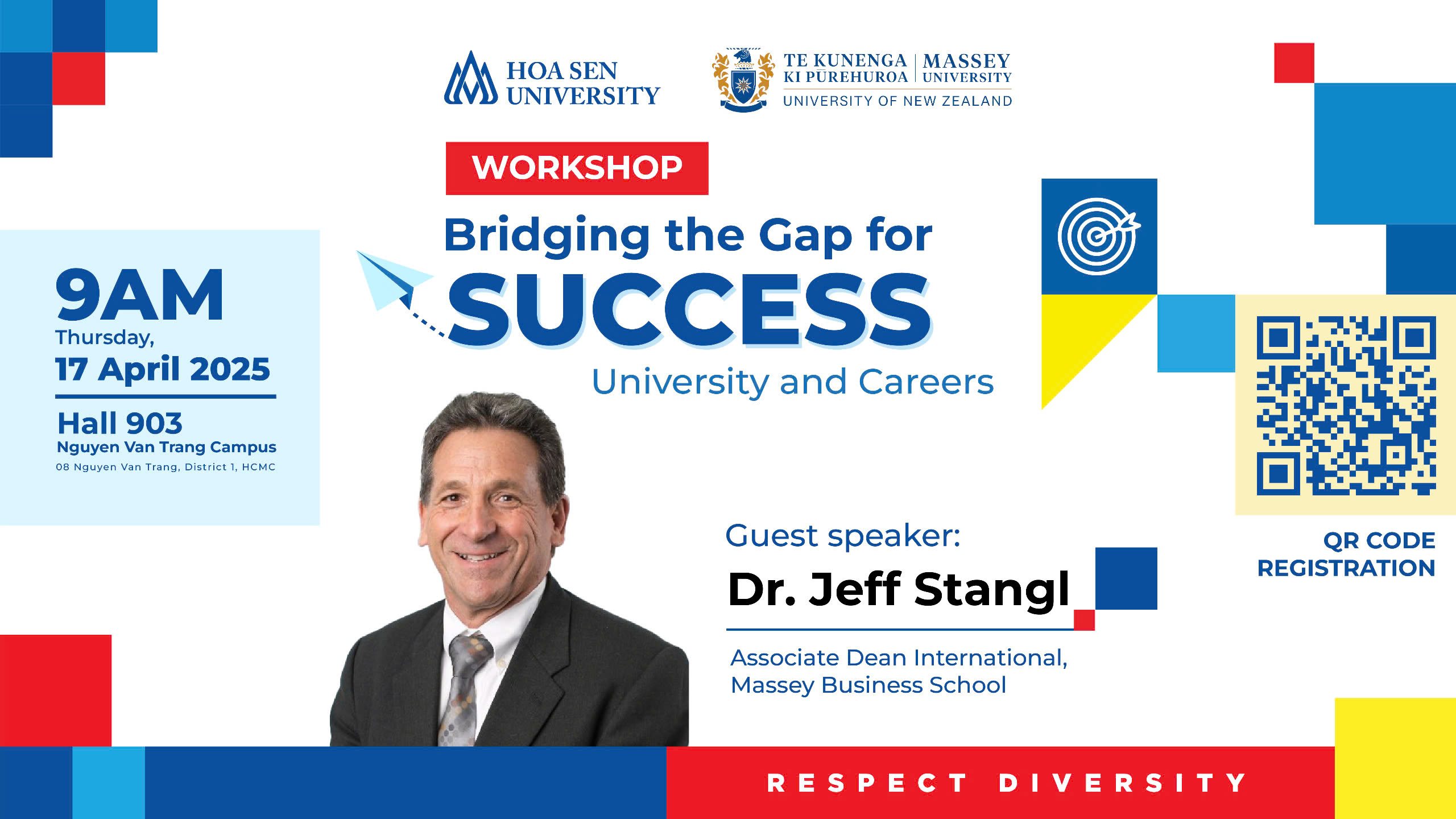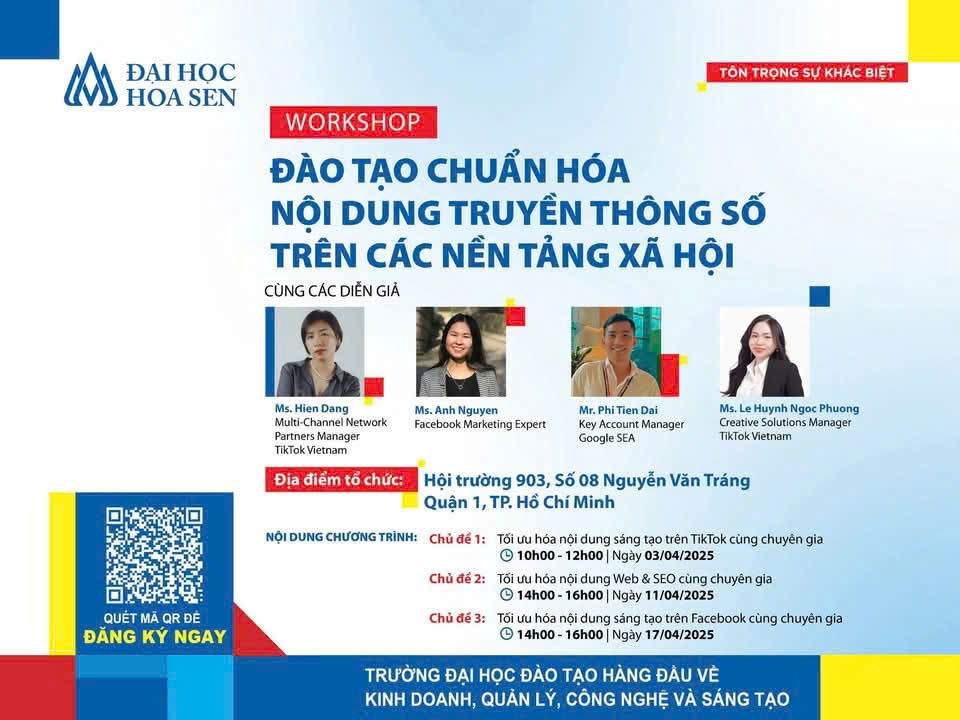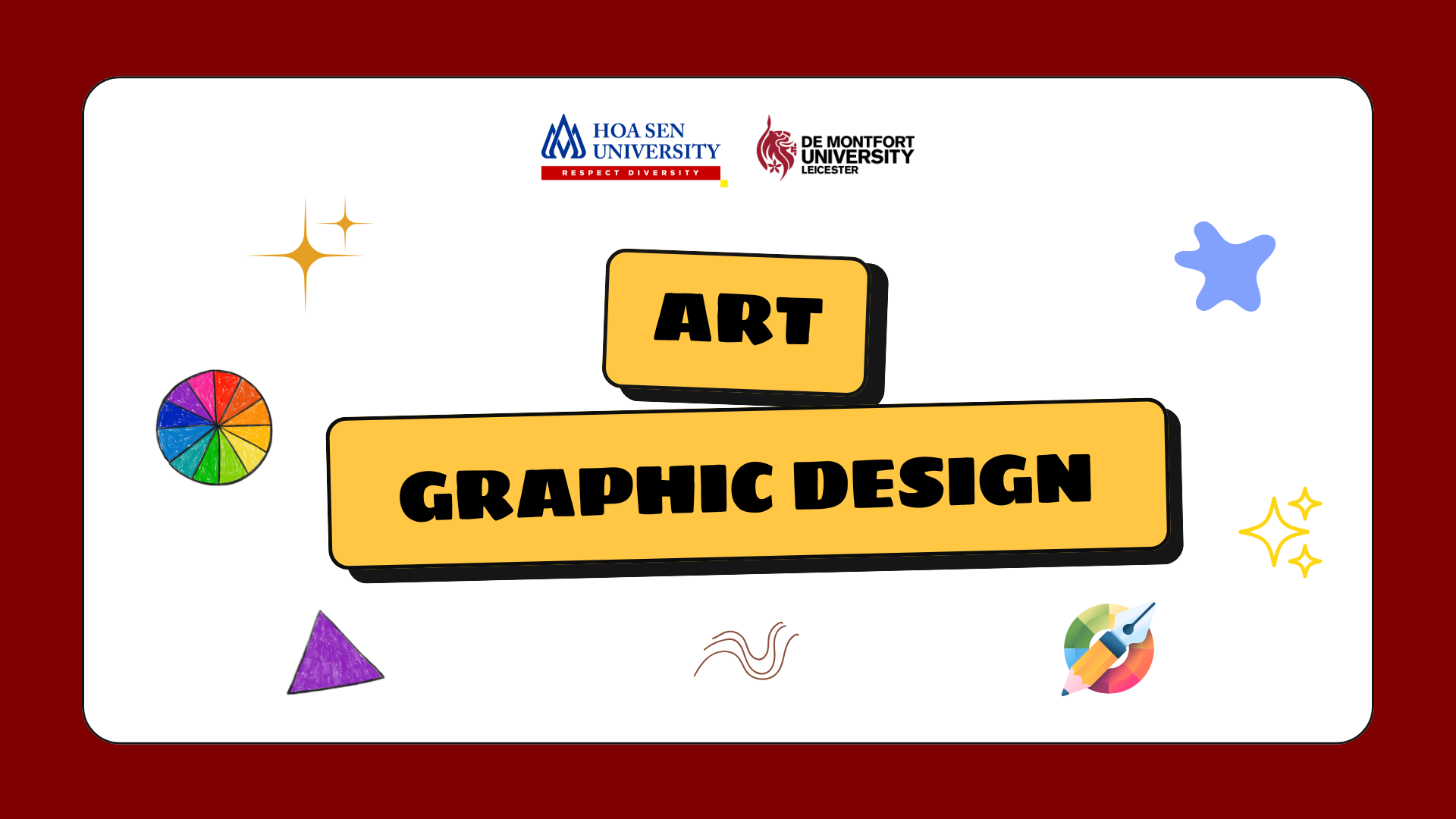AI in Education: More Effective Way to Study
The era of technology 4.0 has been and is completely changing the way people learn and teach. Among them, artificial intelligence (AI) has emerged as a powerful tool, supporting personalization of learning paths, improving teaching performance and expanding educational opportunities for all subjects. From virtual assistants to smart teaching systems, AI not only helps students learn more effectively but also helps teachers save time and effort. Are you ready to enter the world of smart learning? Let’s explore how AI is shaping the future of education right in this article!
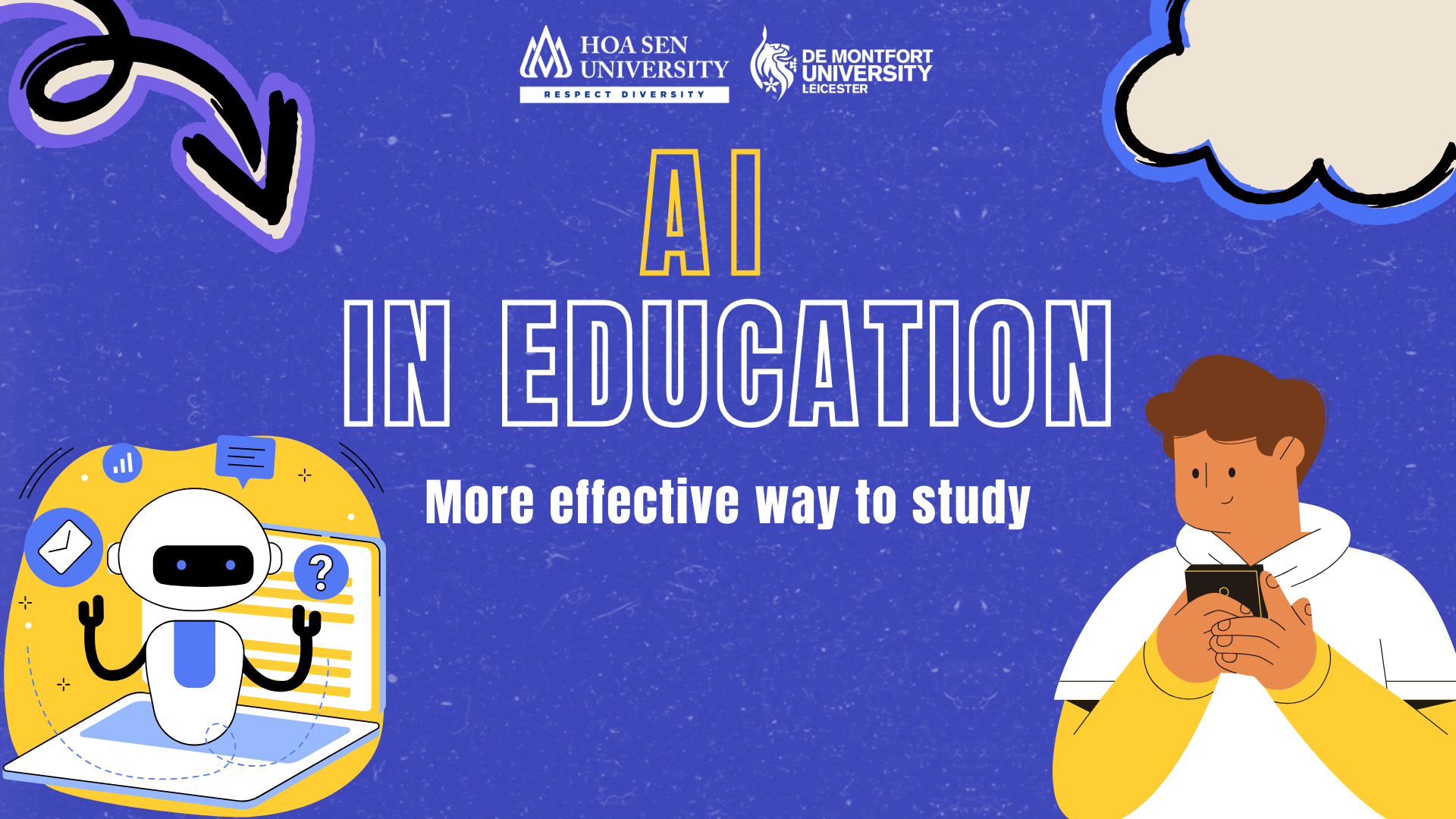
1. What is AI in education?
Artificial intelligence is a field of science concerned with building computers and machines that can reason, learn, and act in such a way that would normally require human intelligence or that involves data whose scale exceeds what humans can analyze.
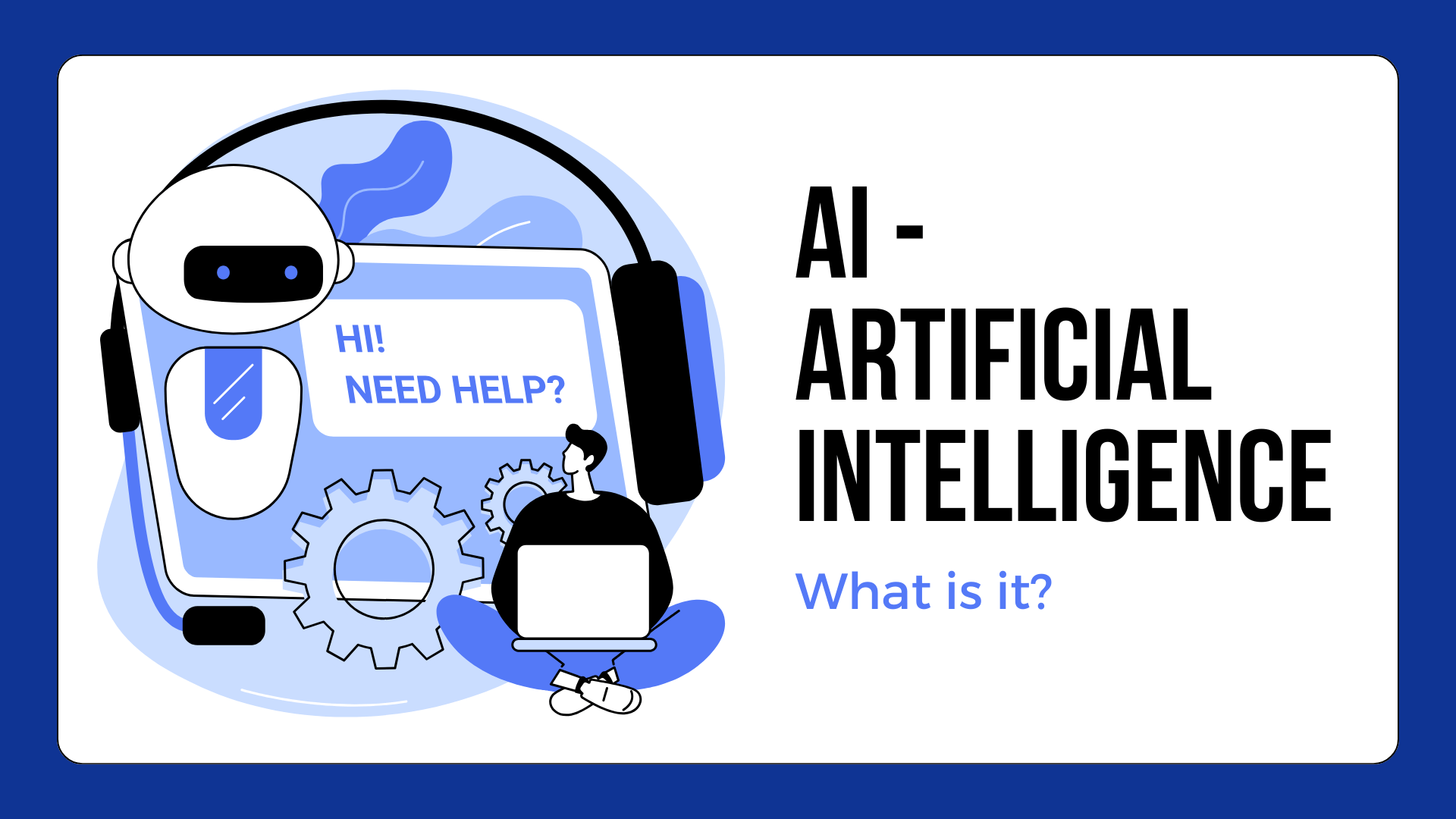
AI in education refers to the use of technology such as machine learning, natural language processing (NLP), and big data analytics to improve the quality of teaching and learning. Some common applications of AI in education:
1.1 Intelligent Learning Systems (ITS):
- These systems automatically personalize learning content based on each student’s ability and learning speed.
- For example, Duolingo uses AI to design language exercises that are appropriate for each learner, helping students master knowledge quickly.
1.2 Virtual assistants to support the classroom:
- Tools like ChatGPT or Gemini help explain exercises, answer questions, and even suggest ways to solve difficult problems.
- As a result, teachers have more time to focus on other important activities.
1.3 Learning data analysis:
- AI analyzes the performance of each student, helping teachers quickly identify students who need support.
- Tools like Tableau or Edmodo provide detailed reports on the learning process, supporting timely solutions.
1.4 Automate repetitive tasks:
- Automate grading, test creation, or even lesson planning.
- Reduce manual workload for teachers.
2. Benefits of AI in education
2.1 Personalized learning
AI helps build learning paths that are suitable for each individual, optimizing learning ability:
- For students who are weak in Math, AI can provide additional exercises or specific teaching videos.
- Benefits: Increase learning efficiency without making students feel overwhelmed.
2.2 Increase teaching efficiency
- AI helps teachers manage their time more effectively with tools such as automatic grading with platforms like GradeScope; scheduling lessons and reminders through AI-integrated applications.
- This helps teachers focus more on improving the quality of their lessons.
2.3 Expand access to education
- Students from remote areas or with special circumstances can still participate in learning through online classes with the support of AI.
- For example, courses on Coursera or Khan Academy apply AI to analyze learning behavior and personalize content.
2.4 Early detection and prediction of problems
- AI analyzes data to identify students who are struggling in their studies.
- Teachers can intervene in time to help students overcome obstacles.
2.5 Enhance student creativity and engagement
- AI creates innovative learning tools such as virtual reality (VR) simulations in science subjects; vivid, highly interactive video content.
3. Challenges when applying AI in education
3.1 High implementation costs
- Building and maintaining AI systems requires a large amount of funding.
- Not all schools can afford to invest immediately.
3.2 Privacy and security
- Collecting student data through AI can lead to the risk of exposing personal information if not properly protected.
- Requires caution in managing and using data.
3.3 Potential to replace teachers
- Some are concerned that AI could diminish the value of teachers in their role as guides and inspiration.
3.4 Requires high-tech skills
- To effectively use AI, both teachers and students need to be thoroughly trained in technology, which is not always possible in resource-limited areas.
4. The Future of AI in Education
4.1 Cross-platform integration
- AI will become more flexible, easily integrating with online education platforms such as Moodle, Blackboard or Google Classroom.
4.2 Creative and interactive learning
- Learning materials will be more optimized through interactive videos, 3D simulations or virtual reality activities.
- This helps students gain a deeper understanding of the lesson and increase their interest in learning..
4.3 Collaboration between AI and teachers
- AI will not replace teachers but will become a powerful support tool, helping to improve teaching methods and enhance the quality of education.
4.4 Continuous training on technology
- Courses to train teachers on AI will become more popular, helping them understand and use this technology effectively.
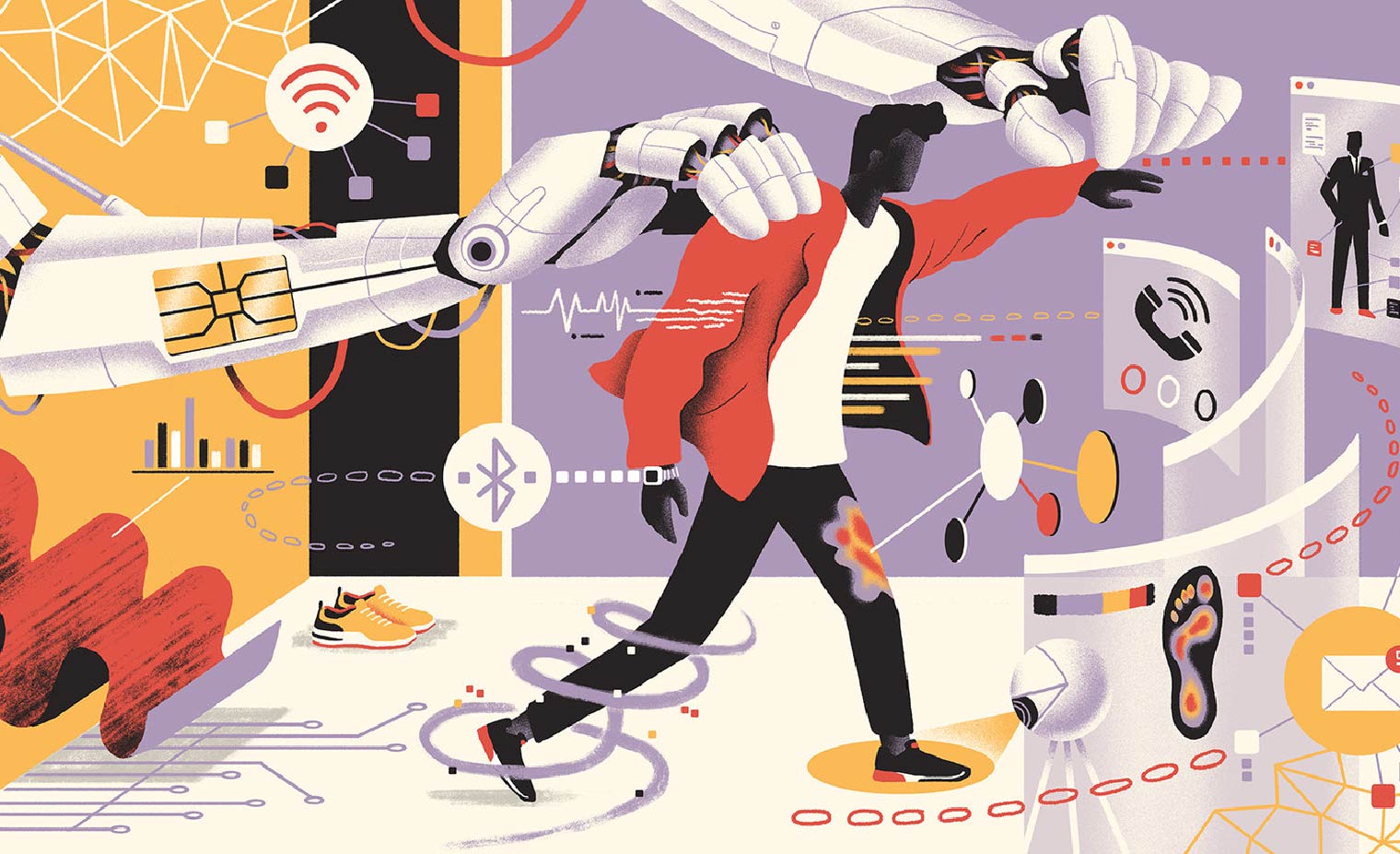
5. Conclusion
AI in education is not only a trend but also a breakthrough, bringing great benefits to both students and teachers. Although there are still many challenges, the development potential of this technology is undeniable. With the remarkable development of technology, De Montfort University – HSU Vietnam offers the opportunity to experience a modern educational environment. Here, students not only study with international lecturers but also have access to advanced learning tools, helping to comprehensively develop knowledge and skills. Hoa Sen – De Montfort is ready to open its doors to welcome new students through the spring semester 2025 admission, do not hesitate to register for consultation here!
Read more:
- What Are The Benefits Of Studying An International Alliance Program?
- The Journey To Conquer IELTS Certificate
- What is Studying abroad “from home”? Studying abroad “from home” with Hoa Sen – De Montfort program
——————————————–
CONSULTATION CONTACT: Hoa Sen – De Montfort Program (Institute of International Education)
Apply online here
Register for consultation here
Phone: 028 7309 1991 (Ext: 4792)
Hotline: 0888 275 276
Email: demontfort@hoasen.edu.vn
Website: www.hoasen.edu.vn/demontfort/
